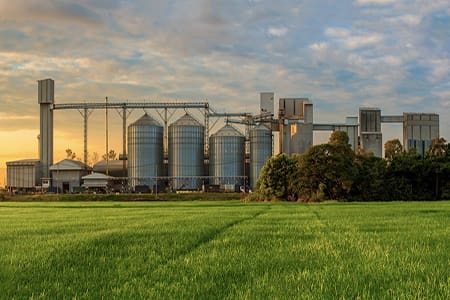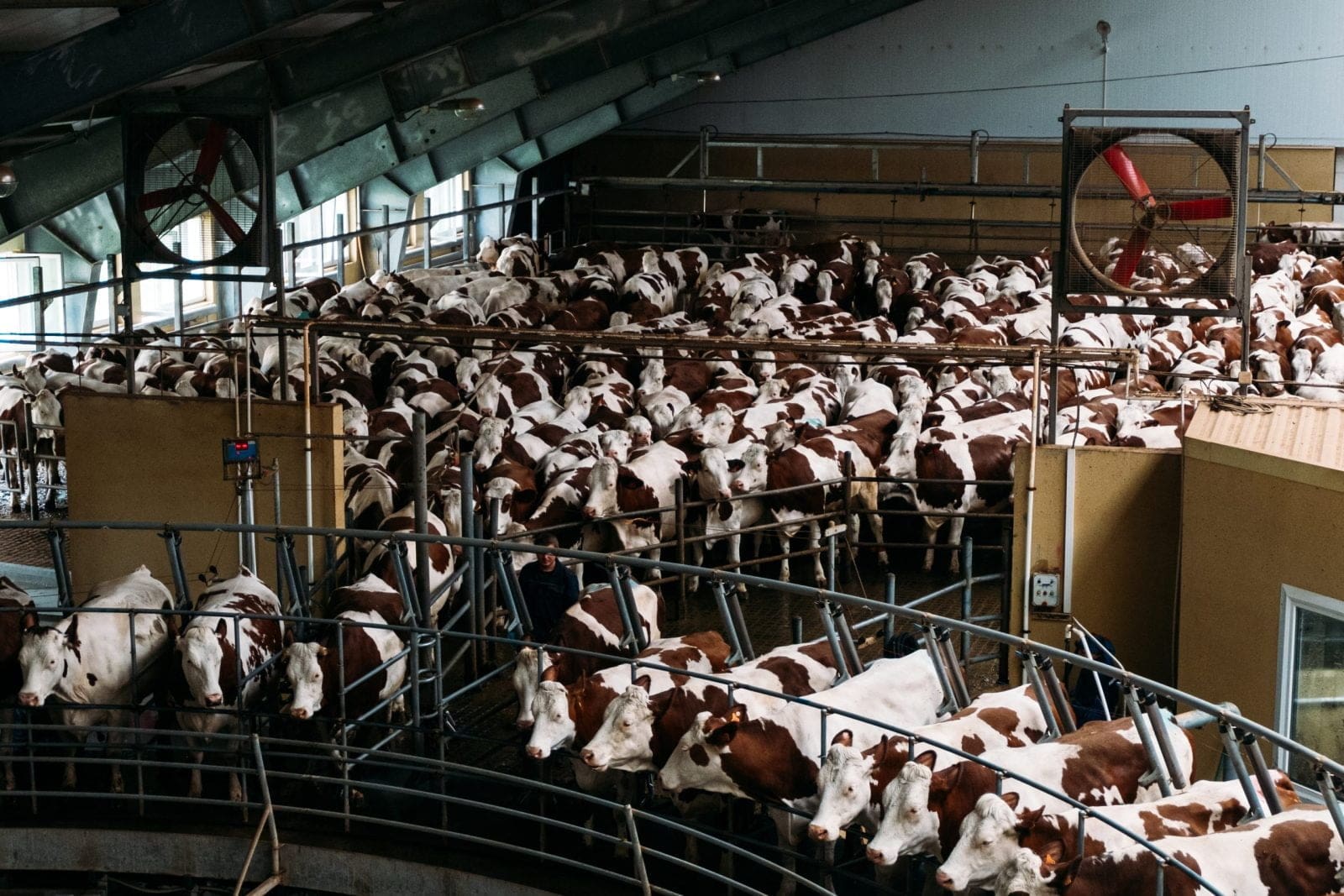This category explores how local communities are directly impacted by industrial animal agriculture and broader animal-related systems. From factory farms polluting rural air and water to the economic pressures placed on small-scale farmers, the effects of these industries often hit hardest at the community level. Environmental degradation, public health concerns, and social disruption frequently follow the introduction of large-scale animal operations—particularly in underserved or marginalized regions where communities may lack the power or resources to resist harmful practices.
Beyond environmental and economic impacts, this section also examines the cultural and social implications of animal exploitation within local settings. Around the world, local groups are pushing back—mobilizing for environmental justice, demanding transparency, and reimagining food systems grounded in sustainability and animal respect. This section celebrates these acts of resistance and renewal, examining how empowering local voices can disrupt harmful industries and inspire collective change.
By uplifting grassroots efforts and amplifying the voices of those directly affected, this category emphasizes the importance of community-led change. It highlights how local knowledge, lived experience, and collective action can expose injustice, challenge harmful systems, and foster more humane, sustainable relationships between humans, animals, and the environment. In centering local communities, we uncover not only the harm they face—but the hope and solutions they cultivate.
As the global population continues to expand and the demand for food increases, the agricultural industry is facing mounting pressure to meet these needs while also mitigating its environmental impact. One area of concern is the production of meat, which has been linked to significant contributions to greenhouse gas emissions, deforestation, and water pollution. However, a promising solution gaining traction in the agricultural community is regenerative agriculture. This farming practice, based on the principles of sustainability and ecological balance, focuses on building healthy soil and restoring biodiversity. By prioritizing soil health, regenerative agriculture has the potential to not only improve the quality of food produced, but also mitigate the negative environmental impacts of meat production. In this article, we will explore the concept of regenerative agriculture and its potential to address the environmental challenges posed by meat production. We will delve into the science behind this farming technique, its benefits, …


























































